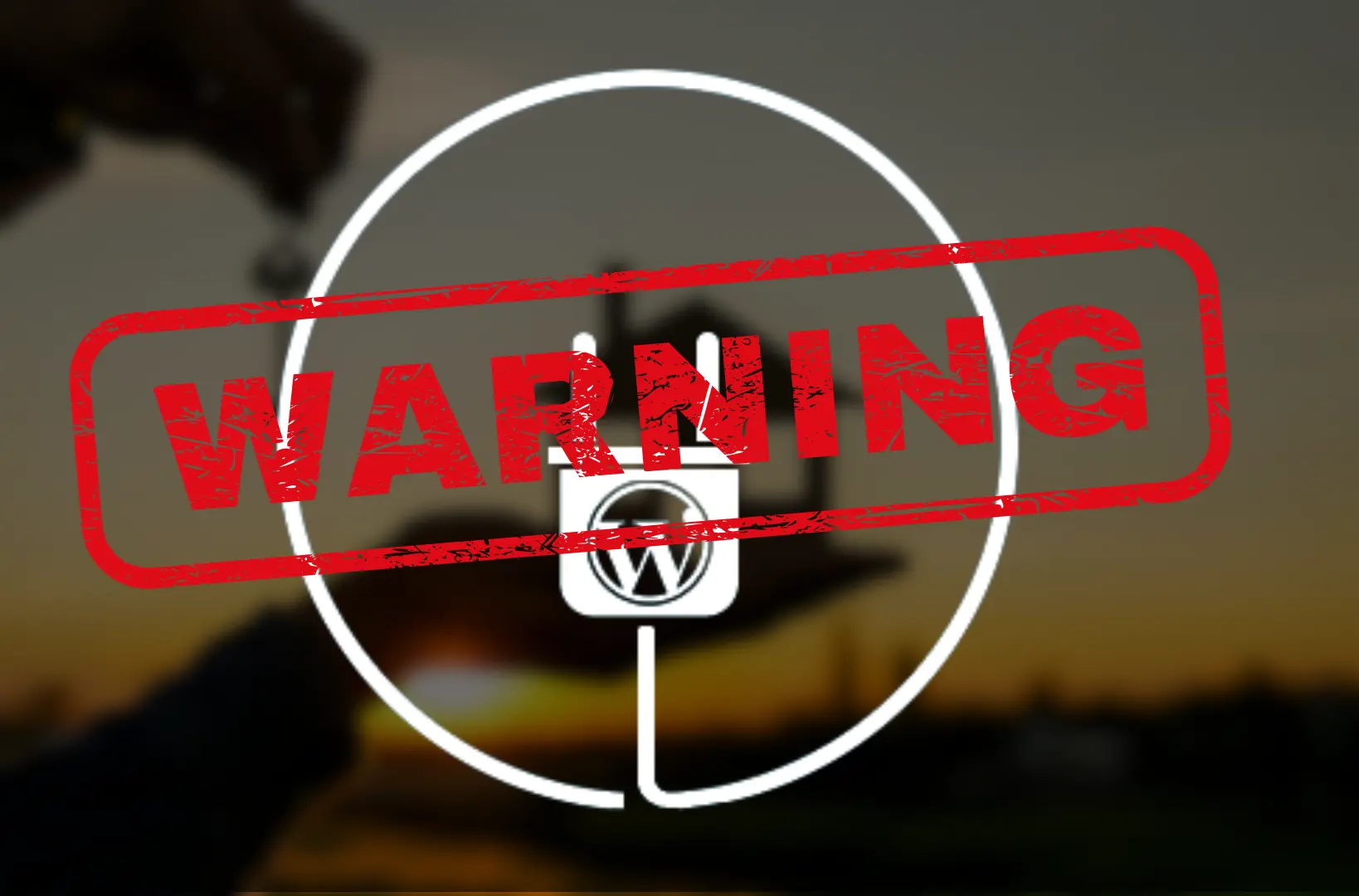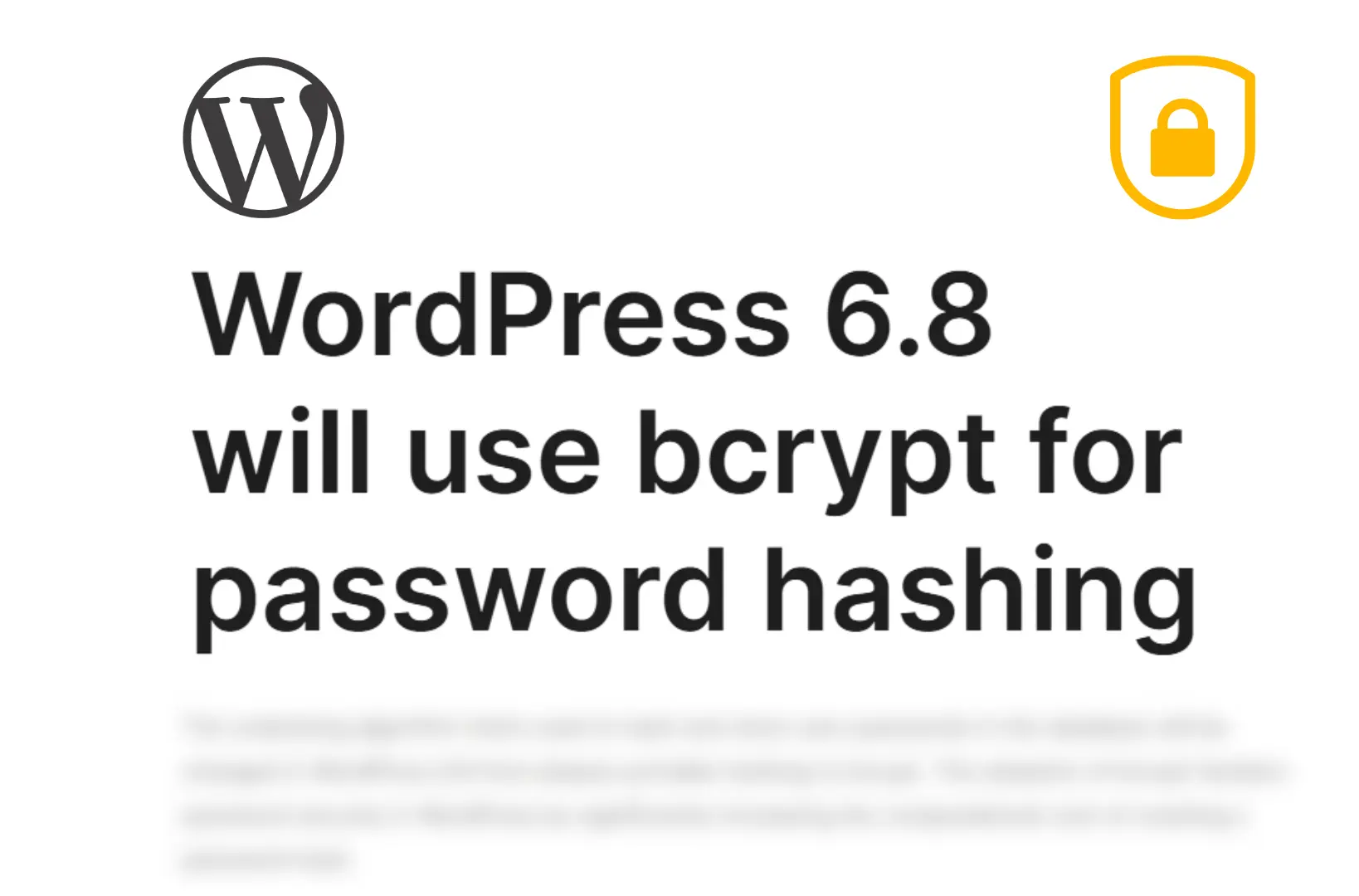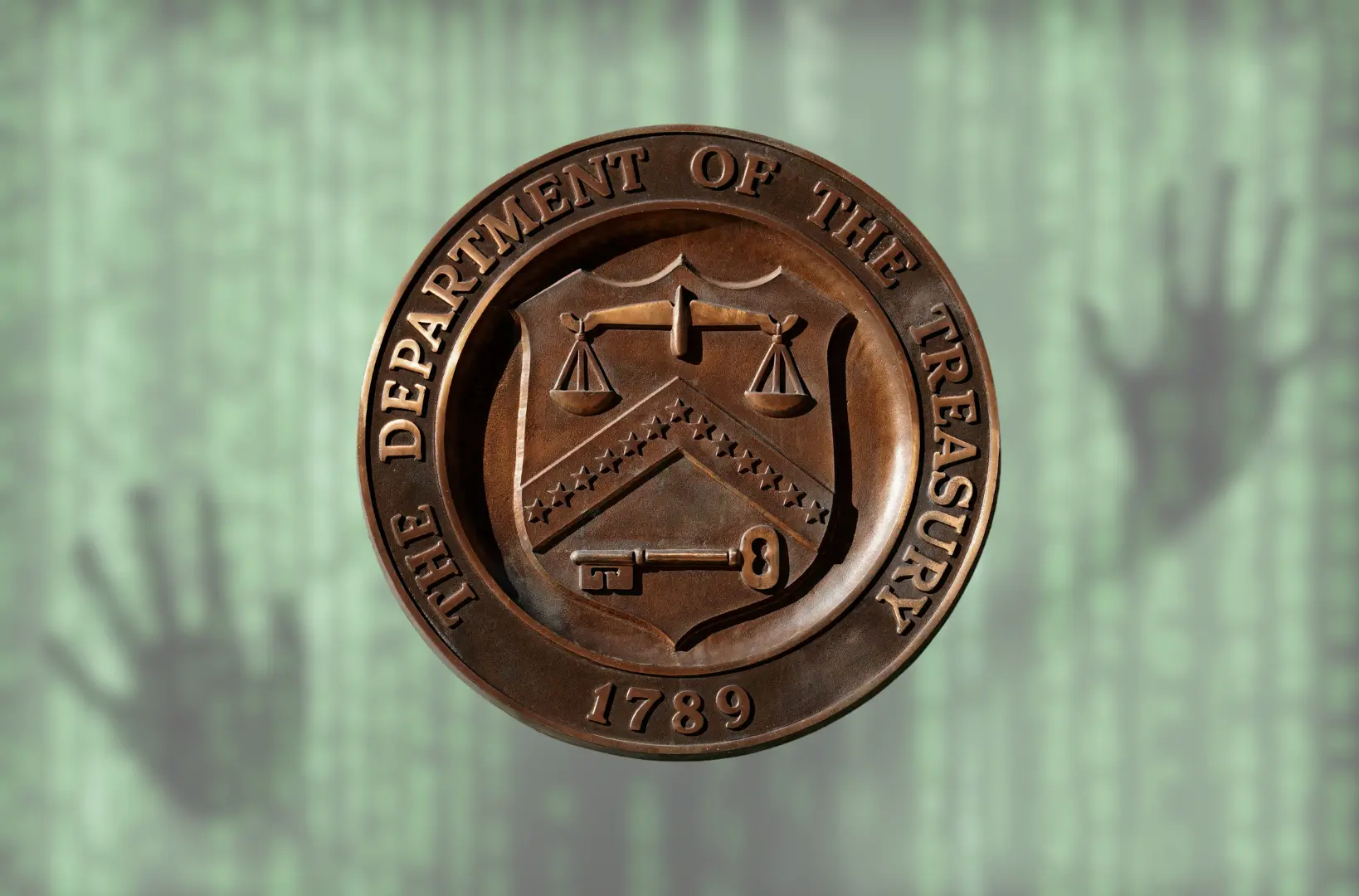The landscape of WordPress plugins is vast and continually evolving. From e-commerce to content management, WordPress plugins play a pivotal role in enhancing the functionality of websites across various niches. Among these niches, real estate is one of the most important industries that rely heavily on WordPress plugins to manage listings, customer interactions, and various business processes. Premium WordPress real estate plugins are used by agents, property managers, and brokers to streamline their operations, but a recent surge in critical zero-day vulnerabilities within these plugins has left many websites exposed to significant risks.
Understanding Zero-Day Vulnerabilities
Before diving into the specifics of the real estate plugin vulnerabilities, it is crucial to understand the term “zero-day.” A zero-day vulnerability refers to a flaw in software that is unknown to the software developer or vendor. This means the vulnerability is unpatched, leaving the system open to exploitation by cybercriminals. The term “zero-day” is used because the developer has zero days to fix the vulnerability before it can be exploited. Zero-day vulnerabilities are particularly dangerous because there is no immediate remedy, making them prime targets for hackers who seek to exploit these flaws for various malicious purposes.
In the case of WordPress plugins, these vulnerabilities can be exploited by attackers to gain unauthorized access to a website, steal sensitive data, inject malicious code, or even disable the entire site. Given that WordPress is one of the most widely used content management systems globally, it is no surprise that its plugins are prime targets for cybercriminals.
The Growing Threat to WordPress Real Estate Plugins
Real estate websites managed on WordPress rely on plugins for a range of functions—from listing management and property search to lead generation and contact management. These plugins are essential tools for real estate professionals, allowing them to display properties, collect inquiries from potential buyers, and process transactions smoothly. However, their central role in the operations of real estate businesses makes them highly attractive targets for cybercriminals.
Recent reports have revealed a series of critical zero-day vulnerabilities affecting several premium WordPress real estate plugins. These vulnerabilities have had significant ramifications, including the theft of sensitive customer information, disruption of services, and the potential for widespread data breaches. Some of these vulnerabilities were so severe that they allowed attackers to gain full control of the affected websites, leading to an increased risk of financial loss, reputational damage, and compliance violations.
Identifying the Affected Plugins
The following are some of the most popular premium WordPress real estate plugins that have been impacted by zero-day vulnerabilities:
- Real Estate Pro Real Estate Pro is a widely used premium plugin that allows users to create and manage real estate listings. It offers features such as property search, filtering, and front-end submission forms for property agents and clients. A recent zero-day vulnerability was discovered in this plugin that allowed attackers to inject malicious code into the site’s backend. This flaw could potentially lead to a full website compromise, allowing attackers to steal data or even take control of the entire site.
- WP Real Estate WP Real Estate is another widely-used plugin, offering an easy-to-use interface for listing properties and managing customer inquiries. Security flaws in WP Real Estate have exposed websites to data breaches, enabling hackers to access private information such as client emails, payment details, and transaction history. This plugin has been a prime target for attackers seeking to exploit its vulnerabilities.
- Estatik Estatik is a popular premium plugin for real estate professionals who need to manage large numbers of listings. This plugin also integrates with popular payment gateways, which makes it an attractive target for cybercriminals. Zero-day vulnerabilities in Estatik allowed attackers to exploit insecure forms and gain access to personal and financial data stored on real estate websites.
- Essential Real Estate Essential Real Estate is a versatile plugin that offers advanced features like front-end submission forms, property comparisons, and Google Maps integration. The discovery of zero-day vulnerabilities in Essential Real Estate allowed attackers to inject malicious scripts into the backend, compromising the data security of sites using this plugin.
- WP Property is a comprehensive real estate plugin that offers property management features, customizable search options, and integration with real estate listings. Security flaws within WP Property were found to grant attackers full access to site databases, potentially compromising a vast amount of sensitive information. These vulnerabilities also exposed real estate websites to the risk of ransomware attacks.
The Potential Impact of Zero-Day Vulnerabilities
The exploitation of zero-day vulnerabilities in WordPress real estate plugins can have far-reaching consequences for businesses in the real estate industry. Some of the most severe impacts include:
- Data Breaches and Privacy Violations Real estate websites collect a wealth of sensitive information from customers, including personal details, financial records, and transaction histories. A data breach caused by a zero-day vulnerability could expose this information to hackers, leading to identity theft, fraud, and privacy violations. Furthermore, businesses could face penalties for non-compliance with data protection regulations like the GDPR and CCPA.
- Reputation Damage The reputation of a real estate business can be irreparably damaged if a breach occurs. Clients trust real estate websites with their personal and financial information, and if that trust is broken, the fallout can be substantial. Word spreads quickly in the digital age, and a high-profile data breach could lead to a loss of clients, media scrutiny, and negative reviews.
- Financial Losses Beyond the immediate damage caused by a breach, there are significant financial costs associated with recovering from an attack. These costs may include paying for forensic investigations, legal fees, customer compensation, and investing in additional security measures. In some cases, businesses may face regulatory fines for failing to protect user data adequately.
- Ransomware and Other Malware Attacks Zero-day vulnerabilities can also be exploited to launch ransomware attacks. If attackers gain full control of a website, they may lock site administrators out or encrypt crucial data, demanding a ransom for its release. This can cause severe disruptions to business operations and result in the permanent loss of valuable data.
- Loss of Customer Trust Once a website has been compromised, regaining customer trust is a monumental task. Clients may hesitate to provide sensitive information again, or worse, may choose to take their business elsewhere. The damage to customer relationships is often long-lasting and may have an ongoing impact on sales and revenue.
Steps to Protect WordPress Real Estate Websites
If you are managing a WordPress real estate website, it is crucial to take immediate action to secure your site and protect it from zero-day vulnerabilities. Here are several key steps to enhance the security of your website:
- Regular Plugin Updates Ensure that all plugins, including your real estate plugin, are updated regularly. Plugin developers frequently release patches to address security vulnerabilities, so it’s essential to stay up to date with the latest versions. Many WordPress security breaches occur due to outdated plugins with known vulnerabilities.
- Install a Security Plugin A robust WordPress security plugin like Wordfence, Sucuri, or iThemes Security can provide real-time monitoring, malware scanning, and protection against attacks. These plugins can help identify potential vulnerabilities, block malicious traffic, and prevent unauthorized access to your site.
- Backup Your Website Regularly Regular backups are essential to recover your website in case of an attack. Back up your site and database frequently, and store backups in secure, offsite locations. This will allow you to restore your website quickly if it is compromised.
- Monitor Site Activity Keep a close eye on user activity and server logs for signs of suspicious behavior. Look for unusual login attempts, changes to admin accounts, or unfamiliar IP addresses trying to access your website.
- Limit User Permissions Restrict access to your website’s back end by limiting user permissions. Only grant admin access to trusted team members, and ensure that other users have appropriate roles based on their responsibilities.
- Use Strong Authentication Methods Implement strong authentication methods like two-factor authentication (2FA) to add an extra layer of security to your website. This will make it harder for attackers to gain access to your site, even if they manage to steal login credentials.
Conclusion
The discovery of critical zero-day vulnerabilities in premium WordPress real estate plugins has raised alarms across the industry. Real estate professionals rely heavily on these plugins to run their websites, but a breach could have devastating consequences. By taking proactive steps to secure your website, including regular updates, using security plugins, and monitoring activity, you can mitigate the risks associated with these vulnerabilities.
Security should never be an afterthought. Protecting your WordPress site is an ongoing process, and staying vigilant is the best way to safeguard your business and client data from potential threats. Don’t wait for a breach to occur—take action now to protect your real estate website and maintain the trust of your clients.
Suggested reads:
- Hackers hijack wordpress sites spread windows mac malware
- North Korean Hackers Steal $660M in Crypto Heists
- Mandatory MFA and Biometrics Security Advancements in Middle East & Africa

Jahanzaib is a Content Contributor at Technado, specializing in cybersecurity. With expertise in identifying vulnerabilities and developing robust solutions, he delivers valuable insights into securing the digital landscape.








